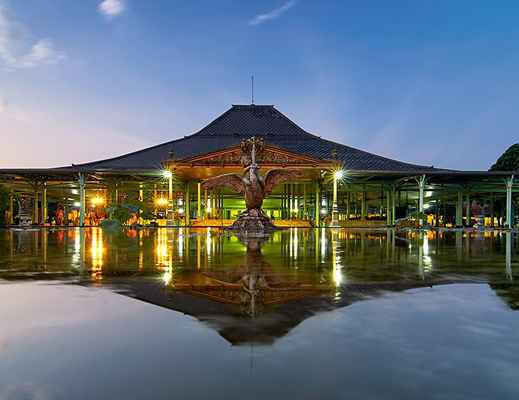
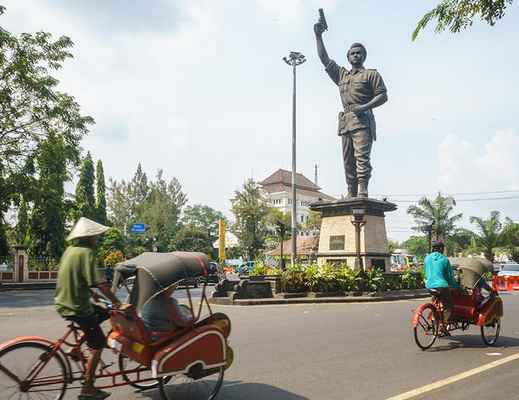
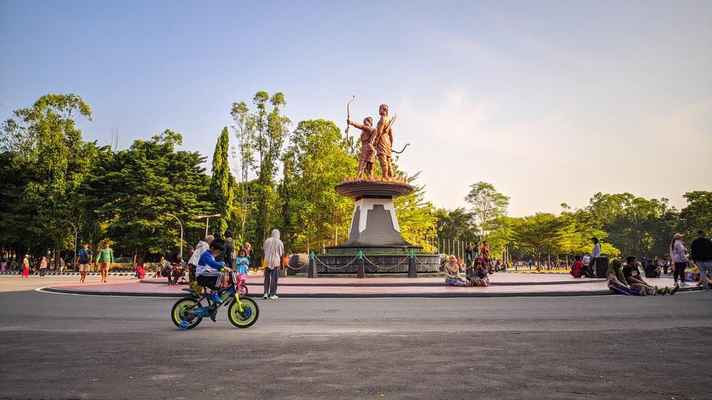
Solo
Asia
/
Indonesia
/
Solo
In the heart of Central Java, Solo, also referred to as Surakarta, provides a genuine insight into traditional Javanese culture, minus the swarming tourist crowds that often flock to the neighboring Yogyakarta. Nestled within a lush valley and flanked by the mighty Mount Lawu and Mount Merapi, Solo experiences a tropical climate characterized by defined wet and dry periods.
The soul of Solo lies in its deep respect and preservation of its royal Javanese lineage, evident in the two impressive kraton (palace complexes) - the Kasunanan and Mangkunegaran. In comparison to other bustling Indonesian cities, life in Solo has a gentler pace, and its inhabitants are celebrated for their refined demeanor and innate artistic flair, notably manifested in batik craftsmanship and classical Javanese dance.
What truly distinguishes Solo is its commitment to upholding Javanese customs in daily life. The city's acclaim for its batik markets, notably Pasar Klewer, is well-deserved – centuries-old designs communicate narratives through fabric. For foodies, unique dishes such as Nasi Liwet (coconut rice with chicken and vegetables) and Serabi Solo (traditional rice flour pancakes) await in the traditional warung and street-side vendors.
The Mangkunegaran Palace's weekly classical dance performances are a must-see, along with the sunrise ceremony at Cetho Temple, an ancient Hindu temple nestled on the slopes of Mount Lawu. The Triwindu Antique Market offers a riveting journey through the annals of history with its plentiful Javanese artifacts and vestiges of the colonial era.

Get to Know Solo
Take a tour of this destination's highlights
Popular Areas in Solo

Travel Tips for Solo
What you need to know before traveling here
Getting Around Solo
A guide to Solo's local transportation
The Bus System of Solo (BST) conveniently serves all the primary routes across the city. Tickets can be bought directly from the conductors on board. The buses are equipped with air conditioning and display route numbers prominently, making them ideal for long-distance travel within the city.
Practical Tips for Solo
Things to prepare and best way to visit
Solo is generally considered safe for travelers, but standard precautions should be exercised. It's best to stick to well-lit areas during nighttime and ensure your valuables are secure. The local populace is typically friendly and willing to assist tourists in need.
The dry season (May to September) provides the most conducive conditions for comfortable exploration. Try to avoid visiting between January and February, as these months witness the highest rainfall.
Indeed, Solo is more conservative than destinations like Bali or Jakarta. Modest attire, particularly during temple or palace visits, is recommended. Reflect respect for local customs by covering your shoulders and knees.
Most local establishments have a preference for cash transactions. While ATMs are readily available, carrying around IDR 500,000-1,000,000 (approximately USD 35-70) is advised for daily expenses.
English isn't as widely spoken as in other tourist hotspots. To overcome potential language barriers, learning basic Indonesian phrases and keeping a translation app handy could prove beneficial. Nevertheless, most younger individuals usually have a basic understanding of English.
See All Practical Tips for Solo
Set off your journey to Solo
Plan smart & save big! Use discount code BISAYUK only for you

Flights

Hotels

Xperience

Get to Know Solo

Travel Tips for Solo
More Destination Near Solo









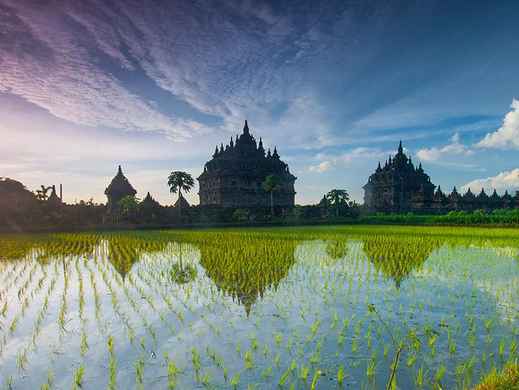
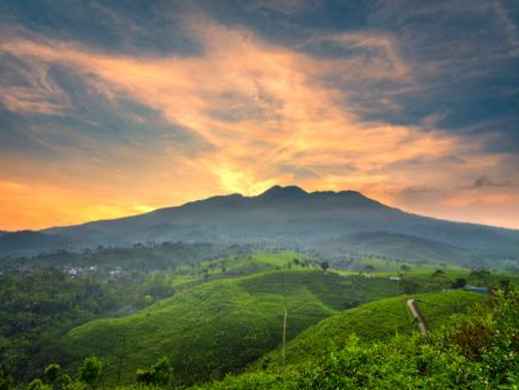
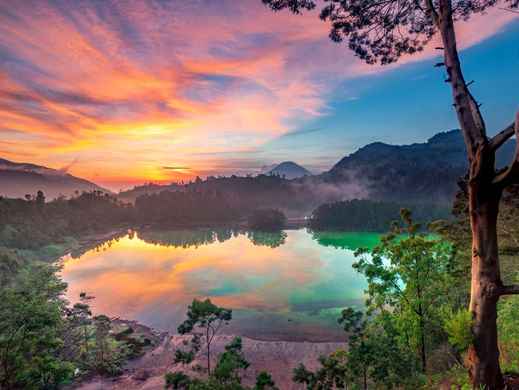


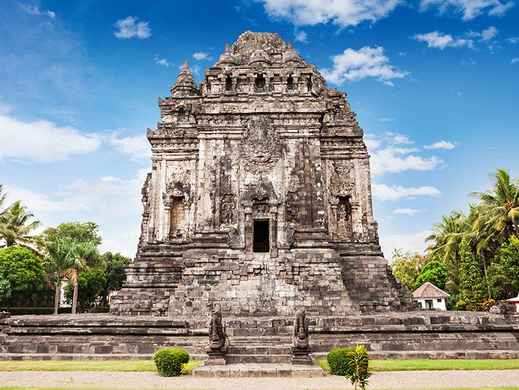
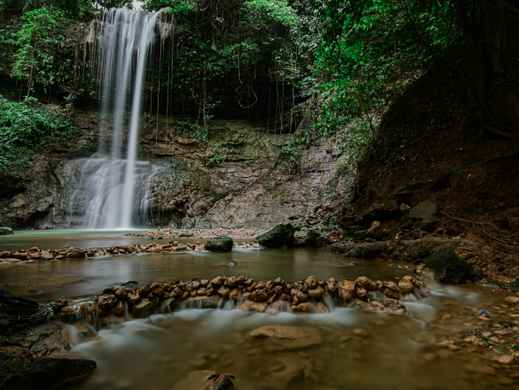

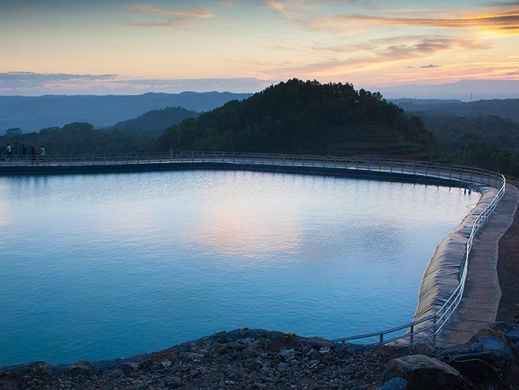


 Facebook
Facebook Instagram
Instagram TikTok
TikTok Youtube
Youtube Telegram
Telegram
